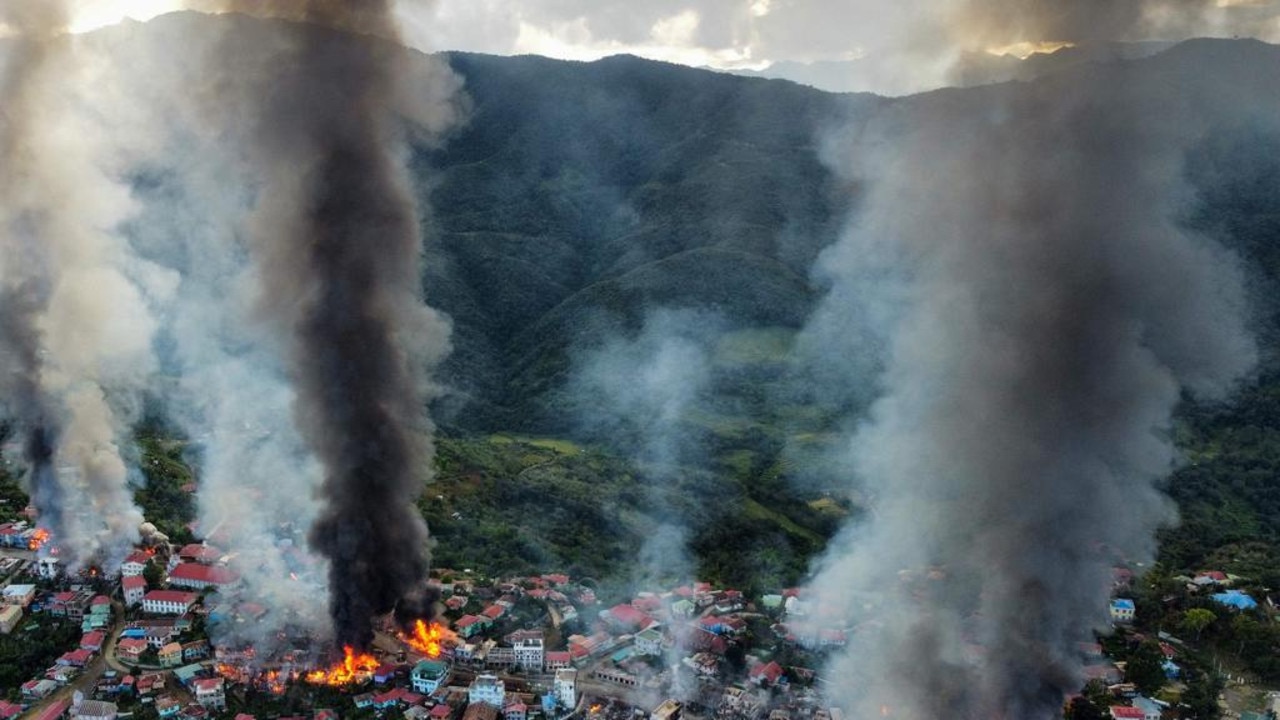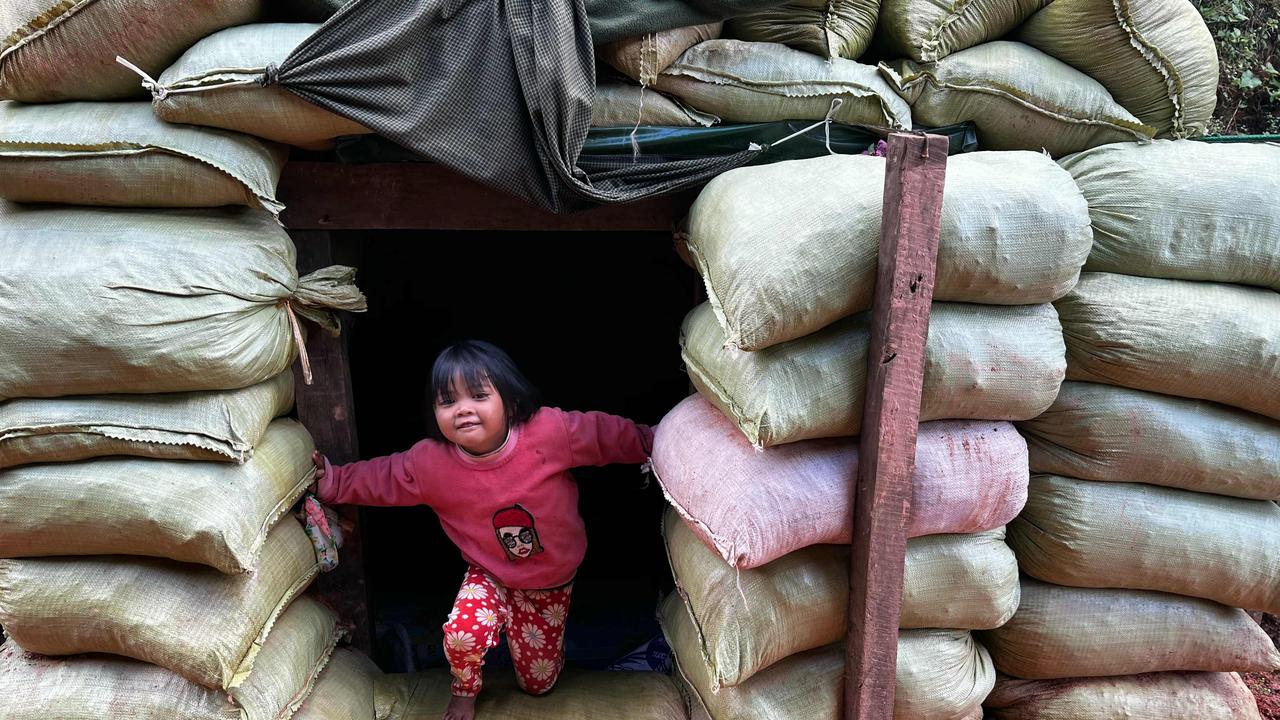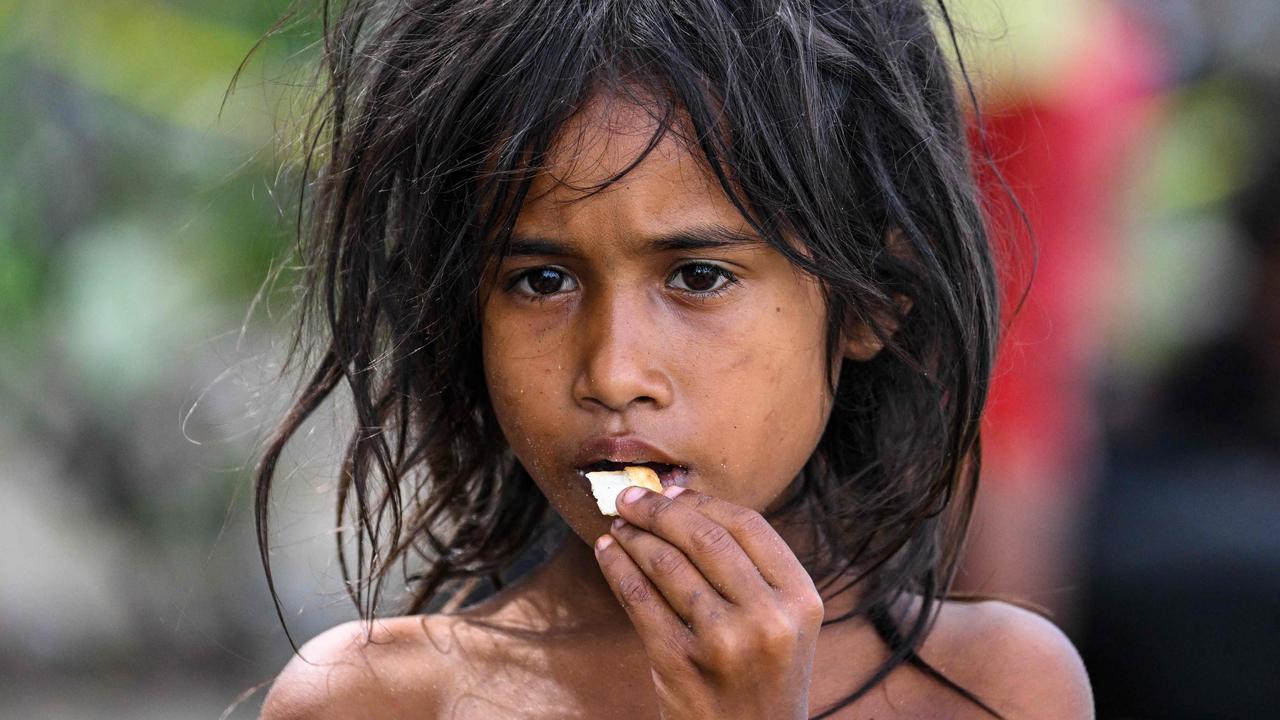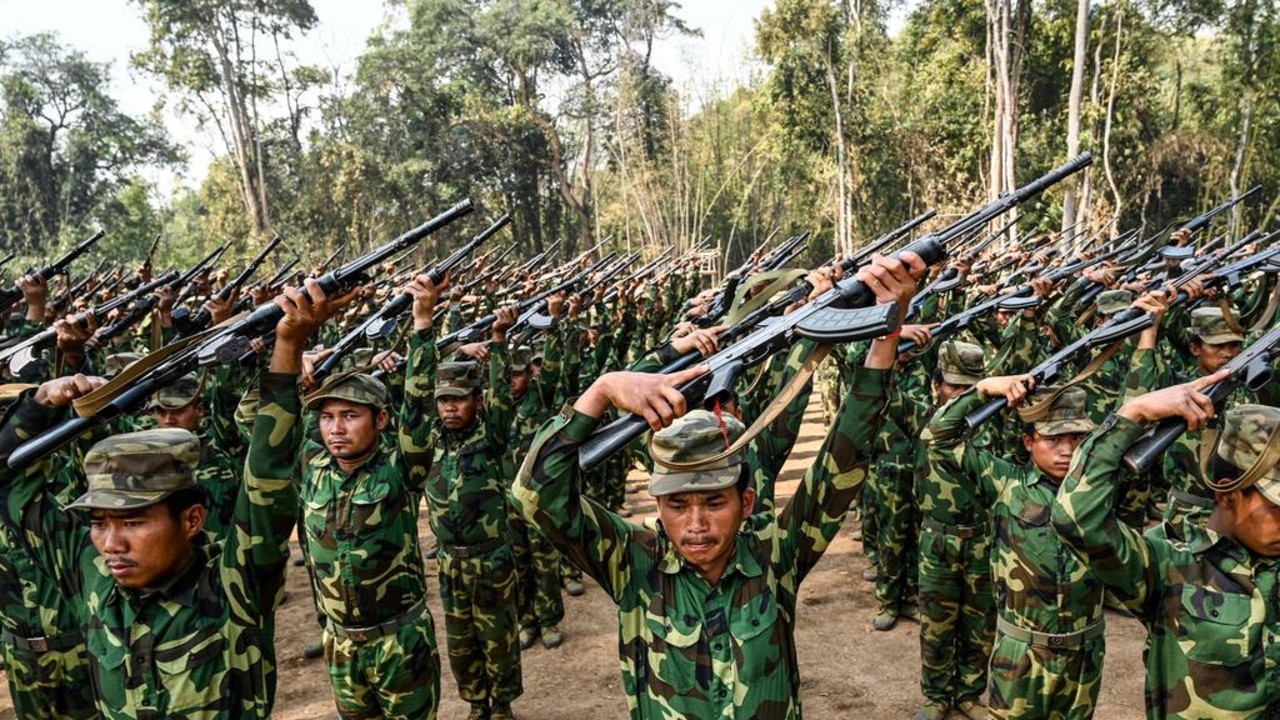
This article is more than
2 year old
The southeast Asian nation of Myanmar is on the brink of disaster after the country descended into violence, with resistance groups battling the military junta who seized control of government.
More than 18 million people, some third of the country’s population, need urgent humanitarian aid, the United Nations has warned.
Children are “bearing the brunt of the crisis”, the UN said, with six million children in need.
Some 2.6 million people have been forced to leave their homes since the violence erupted in February 2021.
The instability started when the Myanmar military declared the results of the November 2020 general election invalid - with Aung San Suu Kyi, a politician who championed democracy in Myanmar - and other politicians arrested on the grounds of fraud.
The country has been in turmoil since then, with a decade of tentative democracy upended, and a bloody crackdown on protests giving rise to an armed struggle against the junta.
Massive humanitarian assistance required
Now a report by the UN Office for the Coordination of Humanitarian Affairs (OCHA) published on Monday highlights the grim reality of life in the war-torn country.


More than 18 million people are in dire need of humanitarian assistance, one million more than a year ago and 19 times as many as in 2020, before the coup.
Nearly 2.6 million people have been pushed out of their homes just since December 11 – an increase of 1.1 million since the same time last year due to the escalating conflict between the military and ethnic minority fighters in the country’s north.

The situation is about to get even worse as “conflicts and violence are expected to worsen in 2024”, the report read — while warning of increasing “systematic military violence against civilians”.
Coupled with this, the health system is in crisis and millions are without safe shelter or drinking water.
The economic situation is placing families in increasing financial distress, with interruptions to agriculture and rapid inflation making it increasingly difficult for people to access and afford basic food.

Children, according to the report, are bearing the brunt of the crisis.
Some six million of them need aid due to displacement, interrupted health care and education, food insecurity and malnutrition, as well as protection risks including forced recruitment and mental distress.
Myanmar Humanitarian Coordinator Marcoluigi Corsi has pleaded for almost $1 billion in donations saying “the people of Myanmar are in increasing peril” due to escalating fighting, surging displacement and extreme protection threats impacting swathes of the country.
Mr Coris described it as a “deeply disturbing picture that demands global attention and a dramatic increase in funding”.
He said 5.3 million people out of the 18.6 million requiring assistance need “urgent attention”.
“Millions of lives are at stake and we must do everything we can to prevent Myanmar becoming a forgotten emergency,” he said.
Continued fighting
An escalation of fighting since October suggests the situation is only going to get worse before they get better.
Myanmar's military dictatorship is suddenly vulnerable to attack from a number of loosely aligned resistance forces.
The junta appointed president Myint Swe has warned that Myanmar could end up “split into various parts” if the military is unable to “manage” the fighting.
The Myanmar National Democratic Alliance Army, the Ta-ang National Liberation Army and the Arakan Army say they ahve seized dozens of military outposts and blocked vital trade outes to China.
The junta has admitted to losing control of a key trade hub but has not commented on the progress of the fighting for weeks.

Myanmar’s borderlands are home to more than a dozen ethnic armed groups, some of which have fought the military for decades over autonomy and control of lucrative resources.
Some have trained and equipped newer “People’s Defence Forces” (PDF) that have sprung up since the coup and the military’s bloody crackdown on dissent.
In recent weeks PDF fighters had set “fire to government buildings, roads and bridges” in several townships in northern Sagaing region, the national security meeting was told.
Sagaing, home to mostly ethnic-majority Bamar, and a traditional recruiting ground for the military, has become a hotspot of resistance to junta rule.
Dozens of PDF groups are active across Sagaing, where the military is accused of burning villages and massacring inhabitants.
The remoteness of the rugged, jungle-clad region and patchy communications make it difficult to verify casualty numbers.